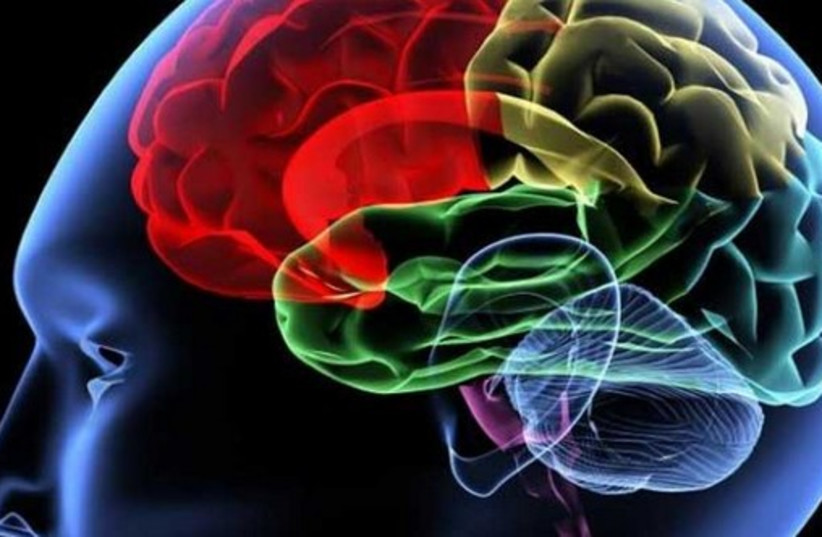A new peer-reviewed study may have found a way to detect brain tumours or brain cancer with a urine test.
The study
Yasui and Professor Yoshinobu Baba of Nagoya University’s Graduate School of Engineering, Nagoya University’s Institute of Innovation for Future Society and the University of Tokyo created a device using nano-technology. Using the device, they identified two types of proteins in EVs, CD31 and CD63, which are in brain tumours and the urine of people with brain tumours.
“Currently, EV isolation and detection methods require more than two instruments and an assay to isolate and then detect EVs,” said Yasui.
“The all-in-one nanowire assay can isolate and detect EVs using one simple procedure. In the future, users can run samples through our assay and change the detection part, by selectively modifying it to detect specific membrane proteins or miRNAs inside EVs to detect other types of cancer. Using this platform, we expect to advance the analysis of the expression levels of specific membrane proteins in patients’ urinary EVs, which will enable the early detection of different types of cancer.”
How does the test work?
Patients with brain tumours will often have a specific type of extracellular vesicles (EVs) in their urine. These EVs have certain proteins and RNAs, which show the cancer is present and can be detected through this new test.

Associate Professor Takao Yasui of Nagoya University Graduate School of Engineering further explained, “Liquid biopsy can be performed using many body fluids, but blood tests are invasive,” he said. “Urine tests are an effective, simple, and non-invasive method because the urine contains many informative biomolecules that can be traced back to identify the disease.”
Significance of the advancement
Brain cancer survival rates, unlike other cancers, have not improved over the last 20 years. This is thought to be because the tumours are located too late.
Often the tumour is only discovered once symptoms such as reduced movement or speech have developed. By this point, the tumour is large and its removal carries higher risk.
The development and utilisation of this test reduces the need for invasive tests, which would lower risk for the patient.
This test is also thought to improve the likelihood of early diagnosis, which significantly improves the likelihood of patient recovery. Medical professionals may be able to identify the tumour, or cancer, early enough for surgery.
According to Ezra.com, the average cost of a CT brain scan in the United States ranges from $825-$4000 and an MRI brain scan ranges from $1600-$8400 on average. The new urine-based test might make an early cancer diagnosis more affordable and attainable for many. The National Cancer Institute identified poverty as a factor that significantly decreases the likelihood of cancer survival.